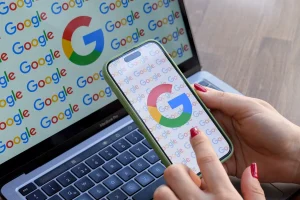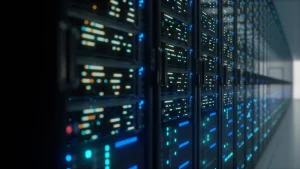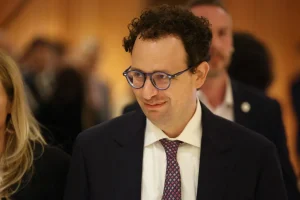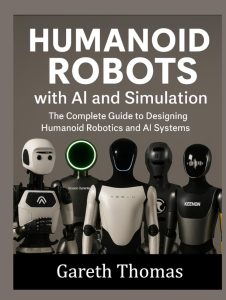Grammy CEO says music industry also has AI concerns
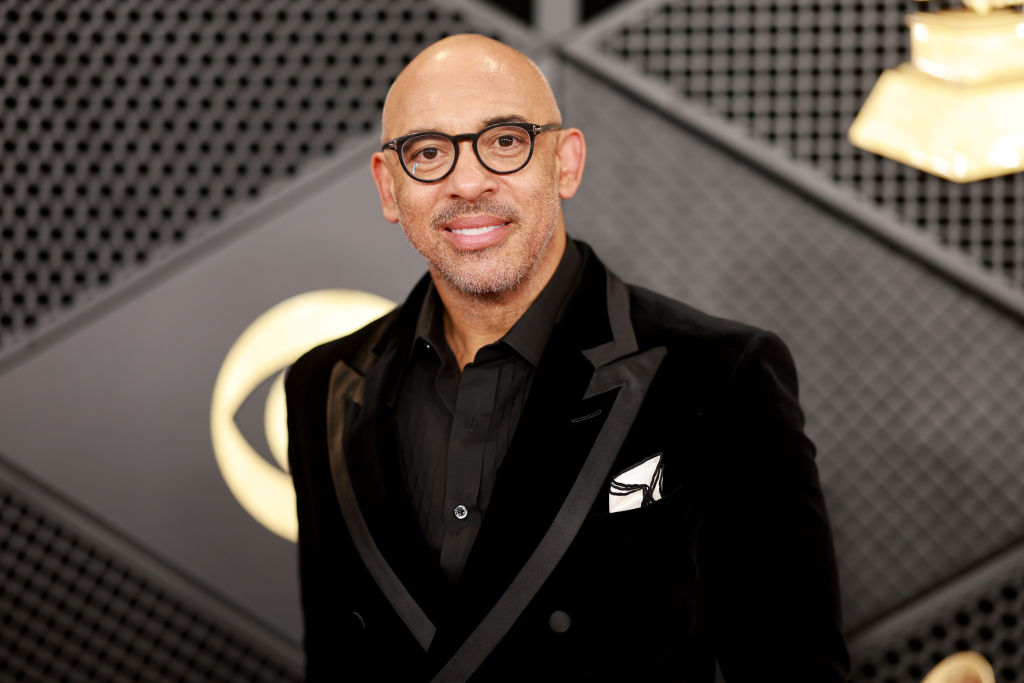
The rise of artificial intelligence (AI) in the music industry is stirring concerns and excitement alike. From copyright issues to fair compensation, many questions arise as AI becomes more integrated into music creation.
Harvey Mason Jr., CEO of the Recording Academy, recently made headlines by announcing that the Grammy Awards would accept music created using AI. This decision has sparked a variety of reactions across the industry.
AI in the Creative Process
Mason clarified that while AI can be used in music creation, only humans can submit to the Grammy Awards. “It’s a bit of a fine line, but that’s going to evolve,” Mason said about AI’s role in music. He hopes to continue celebrating human creativity at the highest level.
The integration of AI in music has been increasing. It’s primarily used in mastering and equalizing sounds. However, concerns over copyright, royalties, and recognition remain pressing issues within the industry.
Some artists welcome AI, provided they receive proper credits and compensation. Others, however, are sending cease-and-desist letters to remove unauthorized deepfakes of their work. These differing perspectives highlight the complex implications of AI in the music industry.
Guardrails and Regulations
Ensuring protections across the music industry is vital. Mason co-launched the Human Artistry Campaign to advocate for more regulations and guardrails around AI use in music.
Mason has also supported legislative efforts like the No AI Fraud Act and the No FAKES Act, both aimed at protecting creators’ likenesses from AI misuse. These measures focus on fair compensation and proper credit, ensuring AI doesn’t undermine human artistry.
Industry’s Mixed Reactions
The music industry is divided over AI in music. Some artists fear AI will replace their hard work and creativity. Devante, a musician, believes AI shouldn’t exist in music at all, stating, “Music is my world, and now it’s all too easy for someone to masquerade as something it’s taken my whole life to be.”
Meanwhile, another musician, who works for a Big Tech company, views AI as an opportunity. He compared it to the industrial revolution, which did not lead to widespread unemployment but rather expanded opportunities. He believes musicians should adopt a positive mindset toward AI.
AI and Consumer Awareness
Consumers are often unaware of AI’s role in the music they enjoy. Mason noted that many people don’t read the credits or care if a song involves AI.
This lack of awareness underscores the need for transparency and education within the industry. “I don’t think people care what they consume,” Devante, the Artist, stated, emphasizing the disconnection between consumers and the origins of the music they listen to.
Legal Challenges and High-Profile Cases
Legal challenges are growing as AI becomes more prevalent in music. Mason highlighted instances where unauthorized AI-generated content stirred legal battles.
For example, a deepfake song featuring AI-generated vocals of Drake and the Weeknd went viral, leading to debates about its eligibility for the Grammys. Additionally, unauthorized AI vocals of Tupac in a diss track against Kendrick Lamar led to legal threats from Tupac’s estate. This highlights the legal complexities of AI in music.
Balancing Innovation and Protection
The push for legislation in the music industry reflects broader societal debates about AI. Some argue for a laissez-faire approach to foster innovation, while others stress the need for stringent protections.
Mason believes that the industry will eventually adapt to AI, just as it adapted to other technologies like synthesizers and sampling. He emphasized the importance of ensuring AI is used in a fair and ethical manner, protecting the rights and contributions of human creators.
Future of AI in Music
Mason remains hopeful for the future, asserting that great music can be made with AI. However, it’s crucial to establish standards for crediting and compensating human creators.
As AI continues to evolve, the music industry must strike a balance between embracing technological advancements and safeguarding the interests and rights of artists. The goal is to create an environment where human creativity thrives alongside AI innovation.
The intersection of AI and music industry is a complex and evolving landscape. While AI offers exciting possibilities, it also presents significant challenges.
Ensuring fair compensation and recognition for human creators is paramount. As the industry navigates these changes, it must balance innovation with protection, fostering an environment where both AI and human artistry can coexist.


